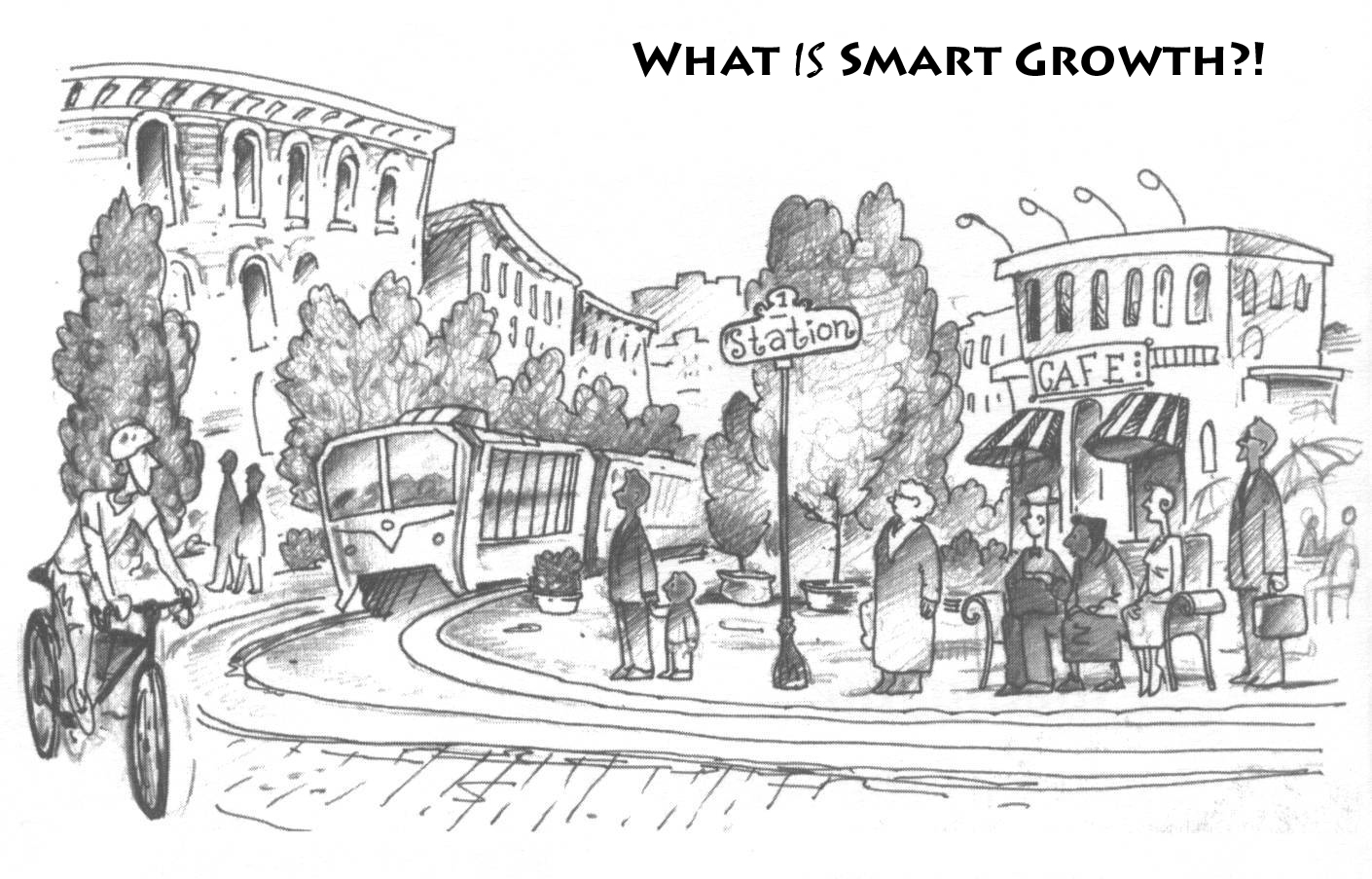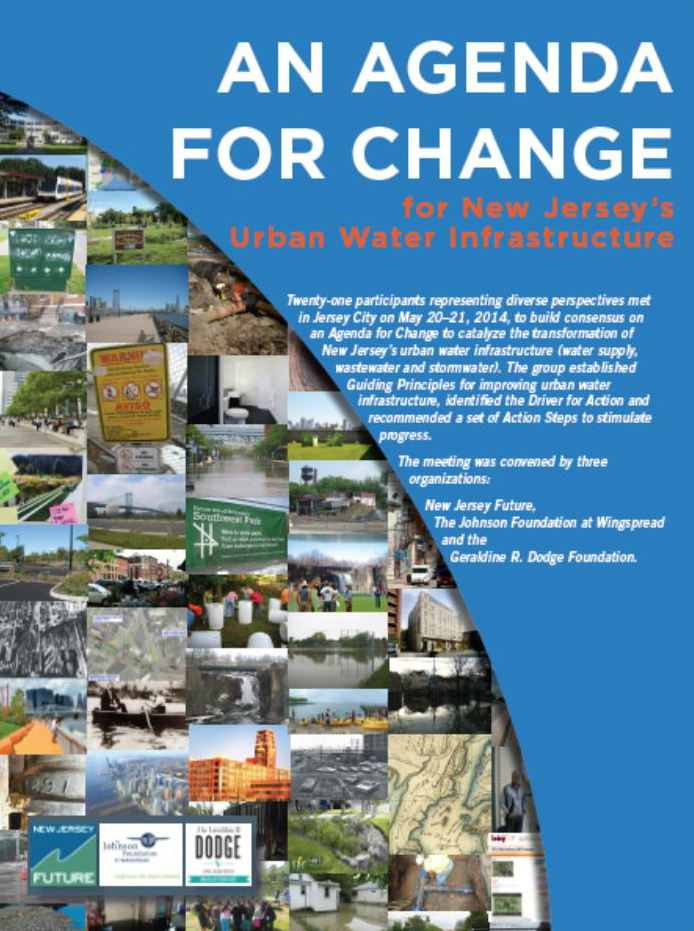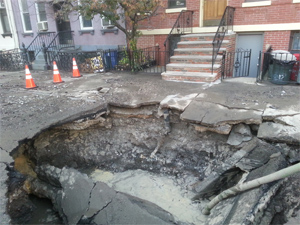New Jersey Future Blog
Gubernatorial Candidates Weigh In on Smart Growth
October 15th, 2009 by Peter Kasabach

Photo Source: Maryland DNR
- In response to a New Jersey Future questionnaire, Democrat Jon Corzine, Republican Christopher Christie and Independent Christopher Daggett offer many similarities—along with some nuanced differences—in their approaches to promoting smart growth.
- Gov. Corzine, the incumbent, emphasizes steps his administration has taken, from the Global Warming Response Act to the Economic Redevelopment and Growth Grant Program, as evidence of his commitment to promote both a strong economy and a healthy environment. In a second term, he pledges that his Policy Office “will convene a State Plan cabinet working group to align state agency actions with State Plan objectives.”
- Mr. Christie criticizes the Governor’s failure in his first term “to coordinate and focus the efforts of multiple departments” in redevelopment activities and land-use management. He touts his own “Bringing Back Our Cities” plan, which includes tax incentives aimed at revitalizing urban areas, adding, “The Office of State Planning needs to be restored to a leadership role” in carrying out the State Plan.
- Mr. Daggett proposes to promote smart growth by expanding transfer-of-development-rights (TDR) programs statewide and restoring Regional Contribution Agreements (RCA) as a tool for producing new affordable-housing units in receiving municipalities. He also pledges to “reconvene state and local government officials, builders, environmentalists, business leaders and housing advocates to re-examine the State Plan.”
Questionnaire Responses Show Range of Views on Land Use, the State Plan and Transportation
New Jersey Future’s Smart Growth Questionnaire posed six questions in three general subject areas: 1) How New Jersey will use its remaining land as we work to create jobs and bolster the economy; 2) How state agencies can work cooperatively, as well as assist towns, in carrying out the State Development and Redevelopment Plan; and 3) How transit service can be improved, and other transportation options expanded, to reduce single-occupancy vehicle use and take advantage of economic development opportunities around transit stations.
The candidates agreed that a robust economy and a healthy environment go hand in hand, and that promoting development in areas appropriate for growth, investing in urban infrastructure, stopping the spread of suburban sprawl and preserving open space are all important smart-growth principles they would seek to uphold. Gov. Corzine cited specific economic development and environmental initiatives undertaken during his four years in office; Mr. Christie vowed to “focus all of the existing incentive programs back to our cities” and “remove the regulatory constraints” that have blocked previous urban redevelopment efforts; Mr. Daggett emphasized his experience as DEP commissioner in forging collaboration among competing and conflicting interests in order to achieve “balanced progress.”
In the area of state planning, all three candidates spoke of the need to improve interagency coordination and assist towns in carrying out the State Plan. Mr. Christie was harshly critical of the Corzine administration’s record, citing conflicting rules and regulations issued by state agencies without regard for the State Plan. Mr. Daggett emphasized the importance of seeking and achieving consensus on “an implementable plan to move forward together as a state, not as competing special interests.” Gov. Corzine indicated he would look to the federal government as a model for coordinated smart growth action in a second term, citing the Interagency Partnership for Sustainable Communities formed by three federal cabinet-level agencies: DOT, HUD and EPA.
On transportation, Gov. Corzine heralded the second Hudson River rail tunnel, which will more than double the number of rush-hour trains between New Jersey and New York, and expressed support for light rail extensions in South Jersey and Bergen County. Mr. Christie pointed to his urban policy, which focuses on infrastructure improvements that would reduce new highway lane miles in favor of expanded mass transit systems, as well as locating workforce housing around urban centers, adjacent communities and transportation hubs. Mr. Daggett vowed to rebuild the Transportation Trust Fund as a balanced, pay-as-you-go revolving loan fund, and to provide incentives for towns and developers to strategically develop the areas around train stations.
Read the Gubernatorial Candidates Smart Growth Questionnaire.
If you have any questions, please contact Executive Director, Peter Kasabach (pkasabach njfuture
njfuture org) .
org) .
















